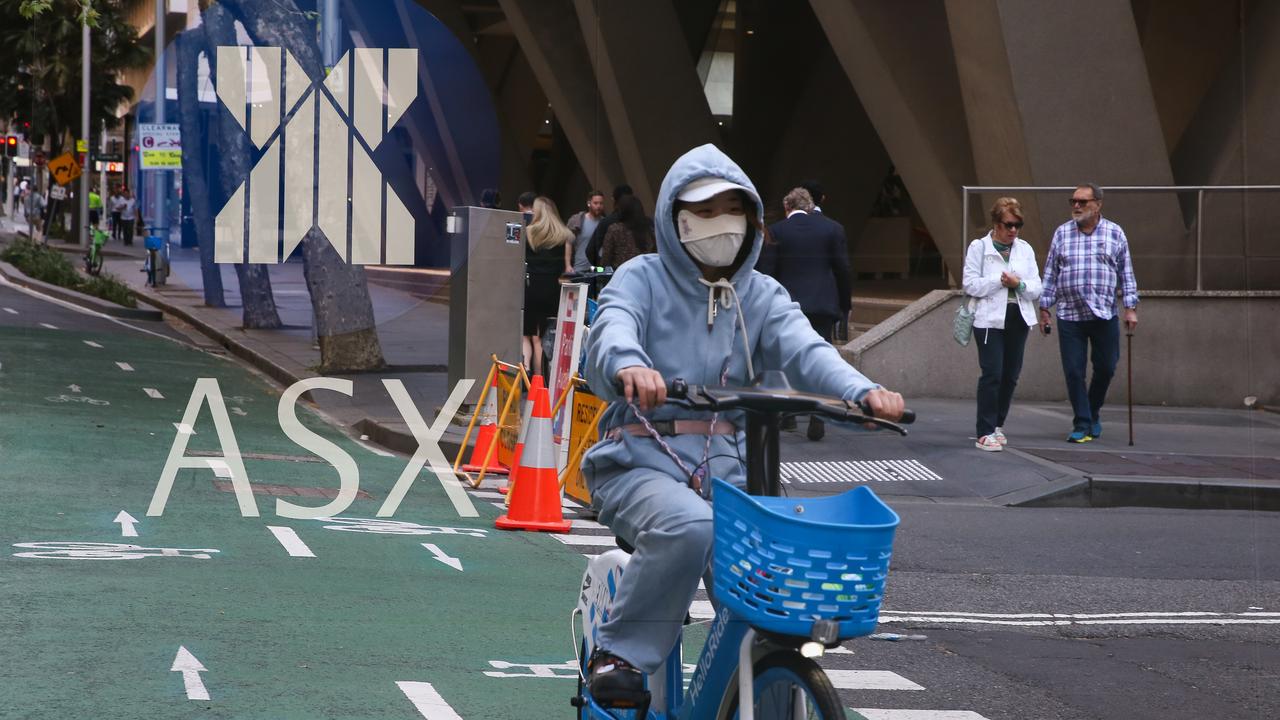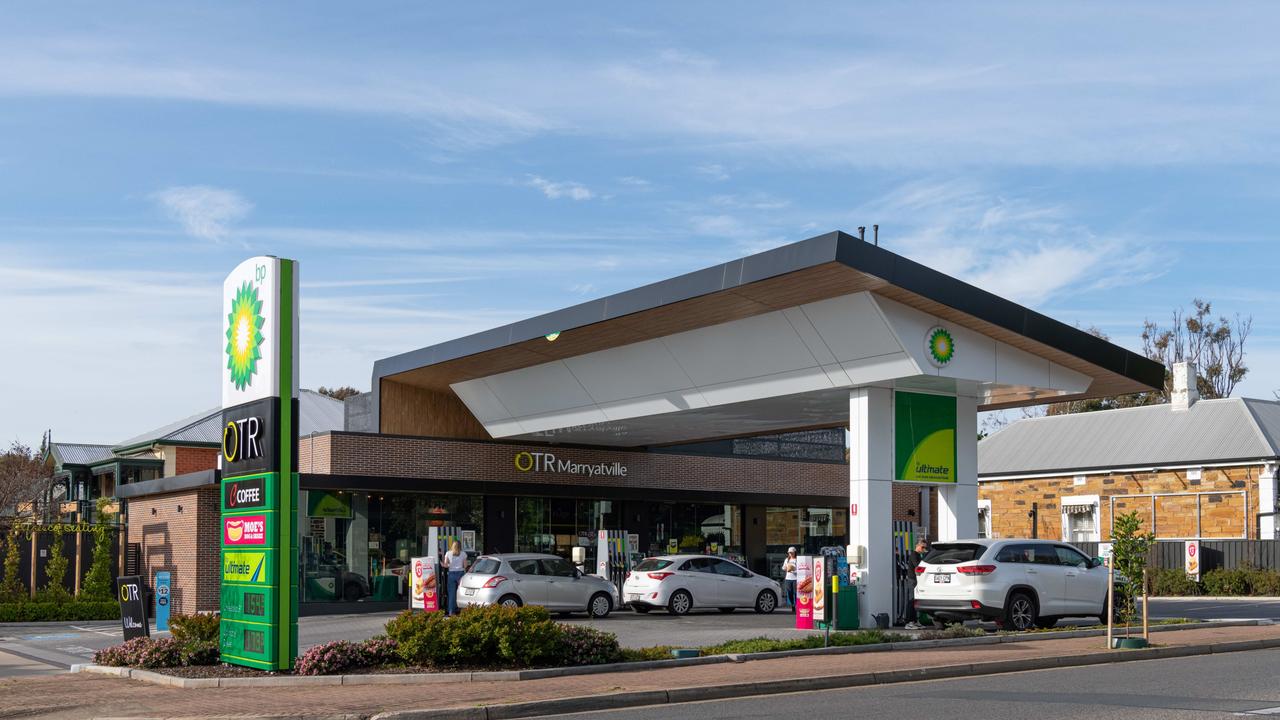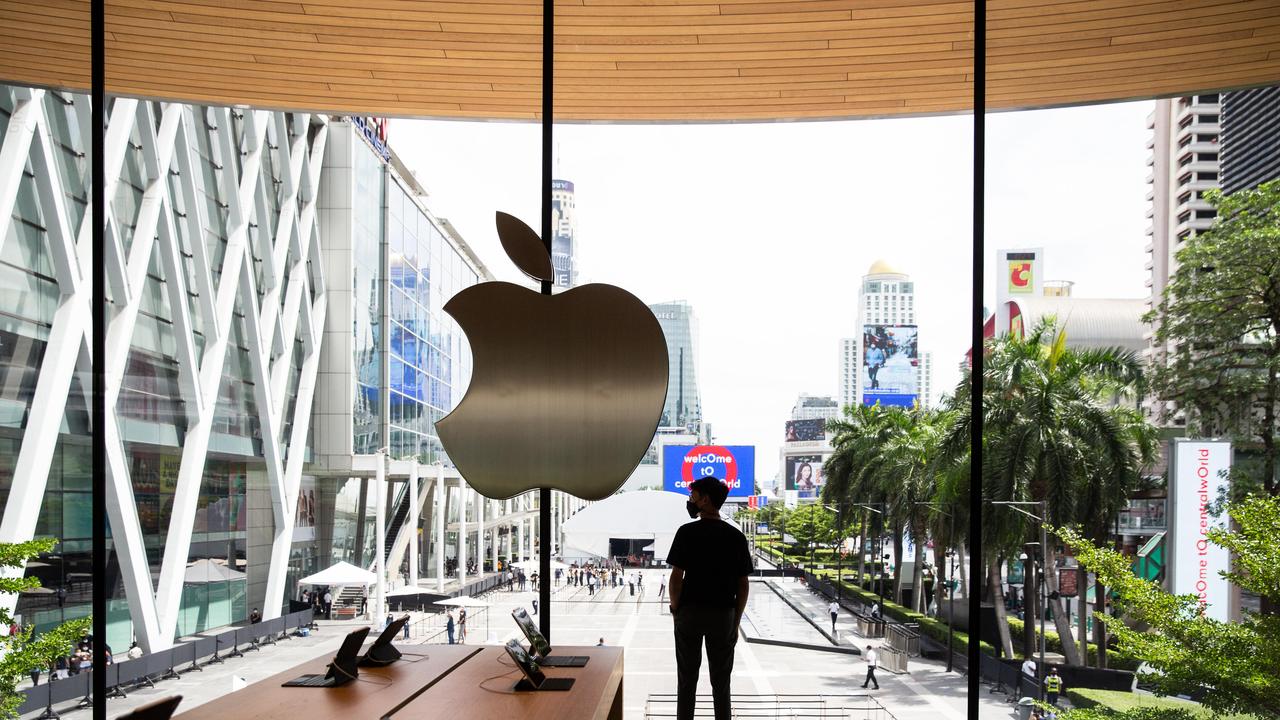Australia’s tech stock crash has already arrived: Afterpay deal may have been boom peak
The coming together of two mega-techs could be seen as the moment that the wheels came off the high-flying sector.
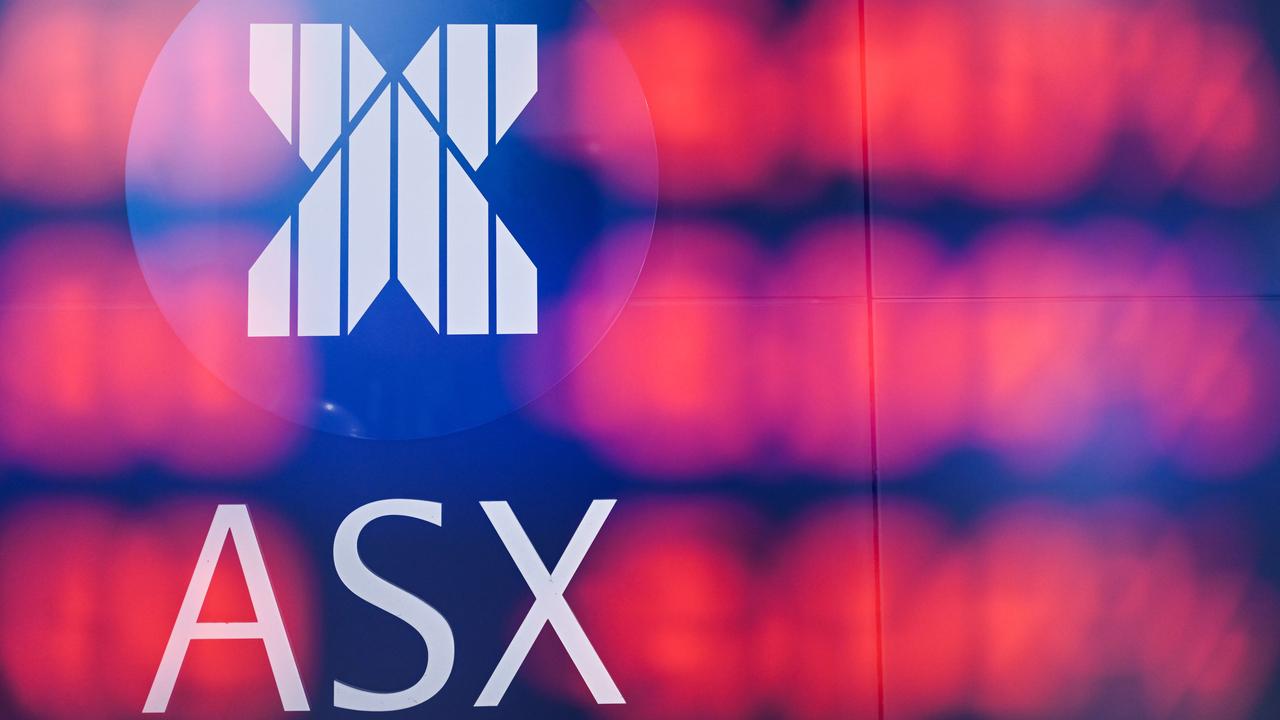
Business
Don't miss out on the headlines from Business. Followed categories will be added to My News.
As Spain takes its time giving its blessing to the $39bn mega-merger between market darling Afterpay and Jack Dorsey’s Square, the delay might be enough to give any remaining investors in the Australian buy now, pay later giant a chance to say adios rather than stick with the new tech payments giant.
From the day the massive buyout of Australia’s fastest-growing company was flagged in early August, Afterpay investors have been rushing for the exits and cashing out of the deal. This has seen Afterpay shares collapse 42 per cent.
Square (which has since been renamed Block) was using its inflated shares to buy Afterpay. The agreed deal has essentially hitched Afterpay to Dorsey’s tech company, which is down a deeper 48 per cent over the same period. Australia’s benchmark S&P/ASX 200, which tracks the broader market, is up 1.6 per cent since the deal was announced.
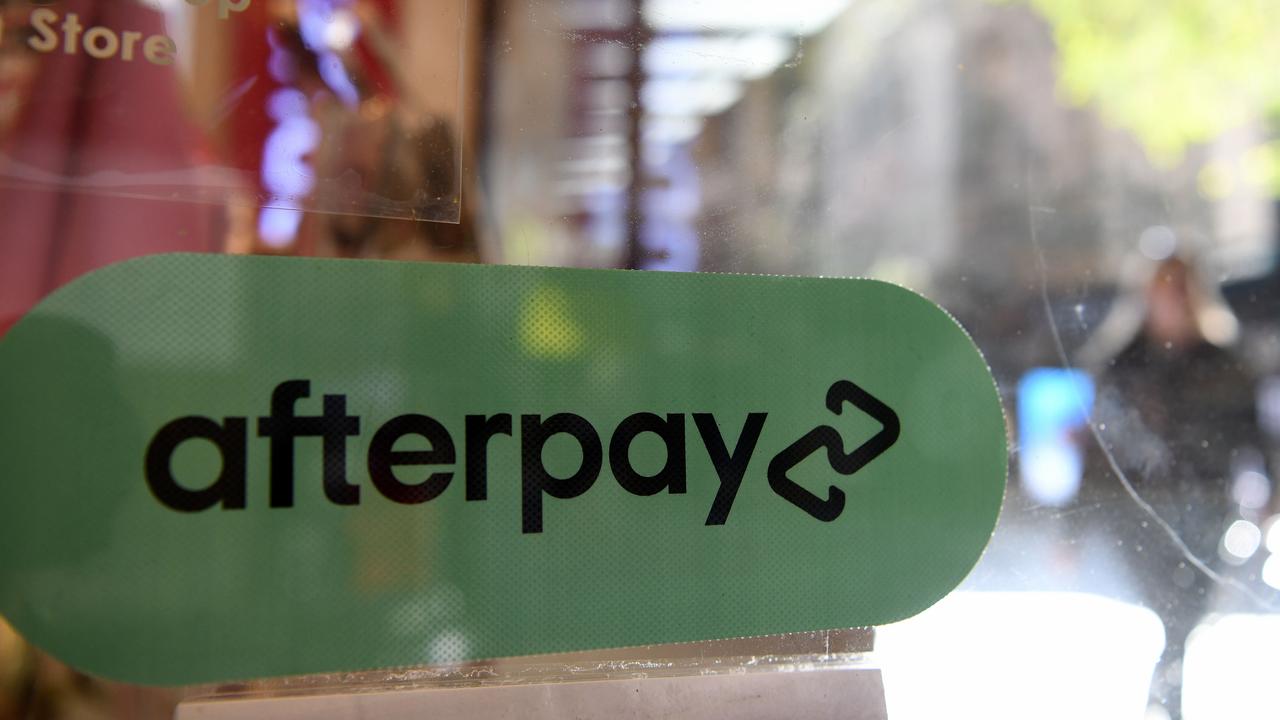
Indeed, the coming together of two mega-techs could be seen as the moment that technology stocks hit the high-water mark.
Ever since much of the sector has undergone a brutal unravelling on expectations the sheer volume of free money being pumped into the global financial system is about to be shut off. And Dorsey sensed that Afterpay was the last great deal on offer that the US Federal Reserve was prepared to underwrite.
In Australia the tech crash has well and truly arrived, with tens of billions of dollars wiped from high-flying stocks.
Afterpay rival Zip Co is down more than 50 per cent from August. Others off their peaks in the last three months include Appen which is off 27 per cent, Nearmap (down 33 per cent), Xero (down 16 per cent), Megaport (down 20 per cent) and Openpay (down 44 per cent). Even New York-listed Atlassian, backed by Australia’s Mike Cannon-Brookes and Scott Farquhar, is down 32 per cent from its November peak.
Only a small handful have bucked the trend. Logistics tech player Wisetech up more than 70 per cent since the start of August and Brisbane-based software company TechnologyOne is up 20 per cent over the same period.
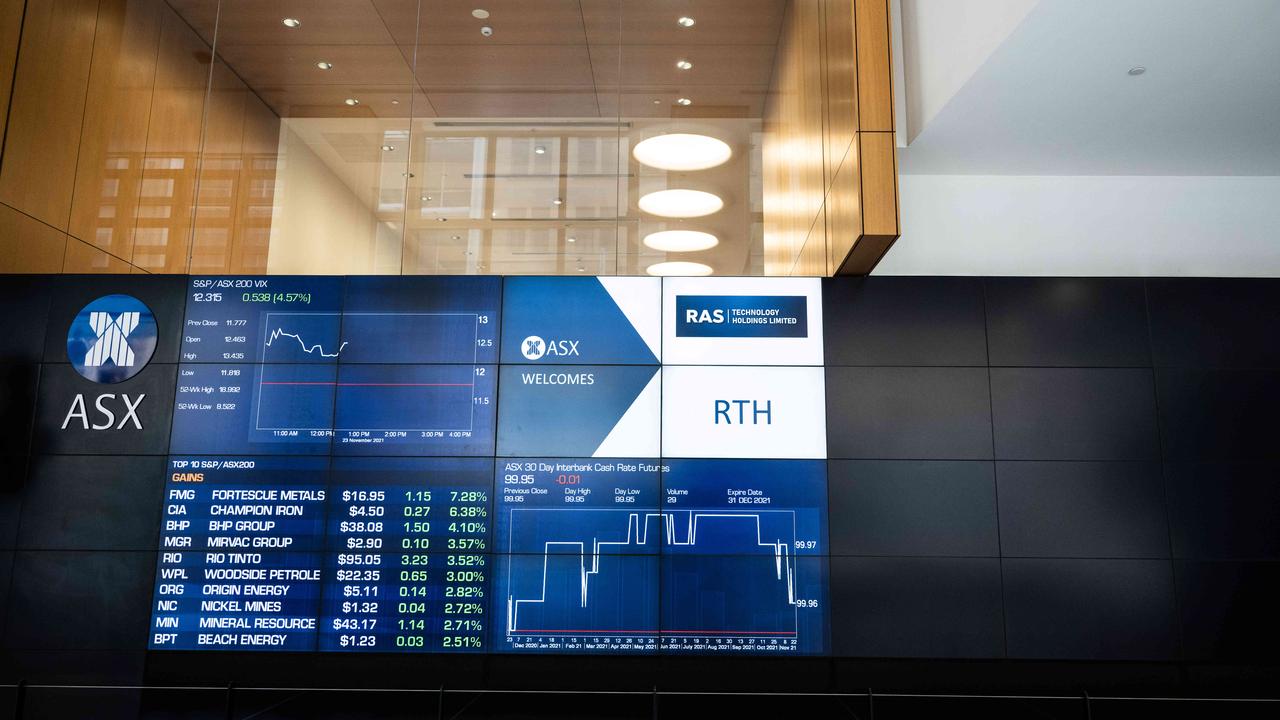
The shredding of tech valuations is not a bad thing. Shares have been bid up so aggressively over the past two years that they need to let off some steam. A pricing reset also gives investors more realistic expectations when it comes to growth.
This means that better business models have a chance to shine over ordinary companies. Investors will be more discerning where to allocate cash and hopefully will reward the stronger businesses rather than just feel they need to get in on the ground floor with a slice of the action.
Question of timing
The shine has been coming off tech since November as inflation worries started to really take hold in the US. The only question is when rates are going to rise.
Latest US employment figures mean that the US Federal Reserve’s free money tap will almost certainly be turned off sooner than later. The question mark remains Covid’s rapid-spreading Omicron strain, which seems to be hobbling economies as more and more people are struck down.
Friday night figures showed the US unemployment rate dropped significantly for the month of December. While the monthly pace of growth has slowed from November, this has prompted suggestions that the US Federal Reserve will still tighten interest rates as early as March.

US unemployment of 3.9 per cent has now returned to near the low 3.5 per cent levels before the Covid pandemic.
As the supply chain squeeze drives up inflation which has already has a hold there, the US Fed will have little choice but to move on rates. The minutes from the US Fed’s December meeting, released last week, already set the scene for a faster timetable for raising interest rates this year.
The minutes caught global markets unaware, including Australia’s ASX, which last Thursday experienced the biggest one-day fall in 17 months (down 2.7 per cent). In short, the market was telling us: don’t wait until March to sell your interest rate-sensitive tech names or you will be too late.
Australia’s Reserve Bank, which has more influence over the property market here than the ASX, has said it doesn’t see conditions for a rate rise until next year.
But those tech companies most vulnerable to rates rises are high-valuation, unprofitable stocks that have been riding generous growth assumptions.

As a rule young tech companies lose money for years as they invest to generate future earnings. A rising interest rate environment means these future earnings are now less attractive to investors that can find better returns elsewhere.
The tech stocks likely to continue to find support as the global economy recovers from the Covid downturn include Covid winners such as chip manufacturers, e-commerce and digital advertising players.
Wisetech for one has escaped the brunt of the selling. It now has a market valuation bigger than Queensland lender and insurer Suncorp – even though it has just a fraction of the revenue and balance sheet heft.
The sheer scale of the technology bubble since Covid hit has returned some extraordinary numbers – including Apple last week hitting a valuation of $US3 trillion ($4.18 trillion), marking it as the world’s most valuable company with a size that overshadows all the super savings held by every Australian.
Bitcoin shift
For Australians, it is likely the Afterpay deal was the moment that tech hit its peak. On paper, the valuation of the Australian company is mind-boggling. Since listing on the ASX Afterpay has not made a profit or paid any dividends.
It has delivered impressive revenue growth, although investors were paying up to generate the revenue.
At the time of its $39bn acquisition it had net assets sitting on its balance sheet of just $1.3bn.
This followed Afterpay asking investors to tip in nearly $1.5bn in additional cash since listing in 2017 to help fund its growth.
Block (that’s the old Square) has also delivered impressive growth over the years as it deployed its technology to allow small businesses to process cashless payments. But this had slowed and the company has pivoted in recent years so now more than two-thirds of its more than $US9bn in annual revenue comes from facilitating trading in the highly charged bitcoin.
Any losses or gains in the volatile cryptocurrency will need to be taken as a writedown or a write-up every six months, given Block is the principal in bitcoin deals.

Anyone that had a share in Afterpay for its buy, now pay later prowess and is taking a share in the newly merged Block is now signing up to a massive bitcoin trading business. Following the merger Afterpay shareholders will hold 18 per cent of the combined company.
It could be argued that Afterpay’s buy now, pay later business was growing at a faster clip than Block’s core payments business (although from a lower base), which is where the value is.
In recent weeks Block’s payments business has undershot expectations, mostly because its small business clients have been feeling the squeeze on physical sales while Omicron slows economic activity.
Afterpay investors last month backed the Block deal, and the courts have approved it, but the Bank of Spain is still running the numbers over what the merger means for Afterpay’s small buy now, pay later business there, which has been holding up the process.
Or maybe the Spanish just can’t see how the broader numbers stack up for Australia.
Originally published as Australia’s tech stock crash has already arrived: Afterpay deal may have been boom peak



